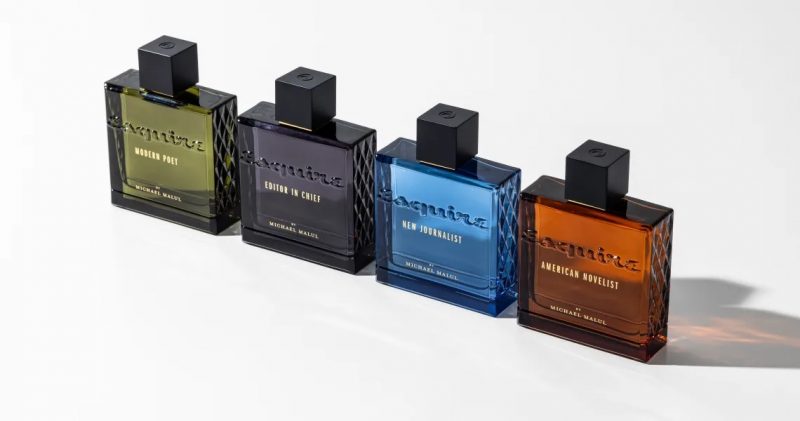Navigating Fragrance Markets: How Fragrance Market Gap Offers a Strategic Edge in Angola.
Recently, while traveling and browsing the inflight magazine, one article caught my attention.
The article was on the fragrance markets in China and shared some key insights on the Chinese consumer’s preferences and buying patterns especially when it comes to fragrances.
One of the insights that came out from the study was the usage & acceptance study of fragrances among Chinese customers.
Unlike Westerners, who use fragrances to mask odor and enhance the mood, Chinese customers use fragrances that are inspired by their cultural values and enhance the aura holistically of the body and not just mask the bad odor.
“In-home-grown brands from China incorporate the healing properties of plants and link them to each of the signs and planets,” explains Evelyn Zuel, astrologer consultant for Pink Moon. And it’s the same for each note in a perfume.
Price segmented market
High-end fragrances, priced at 500 RMB ($70) and above, continue to dominate, capturing 55% market share.
This underscores their strong appeal among consumers who value quality.
Meanwhile, fragrances in the 10 RMB to 99 RMB ($1.4-$140) range represent the core consumer choice, with cumulative sales of 1.14 million units, highlighting their high cost-performance advantage.
These developments reflect a polarized consumer market:
one side favors luxury international brands, while the other embraces entry-level domestic fragrances incorporating Chinese cultural elements.
To learn why fashion houses to business houses are launching their fragrances, click here.
Growing fragrance market dynamics in China
Coty Group, whose portfolio includes fragrance lines from Gucci, Burberry, Marc Jacobs, and numerous others, reported a 10% YoY net revenue increase to $6.12 billion for the fiscal year ending June 30, 2024, marking the company’s fourth consecutive year of growth.
The Scent of Opportunity: Why Fragrance Brands Should Focus on Angola’s Market Potential
These statistics got me into strategic thinking mode wherein I utilized the rest of my flight time to browse the internet to gather data sets that can be used to launch a fragrance brand within the African market.
There is a huge gap and market in Africa that can be tapped either by multinational fragrance companies or local entrepreneurial-driven organizations that can dominate the fragrance sector in Angolan or even the West African region.
What is common between African countries and their people?
After due diligence for approx 5 hours of my flight time, I narrowed down my choices to “MUSIC”.
The Afro beats, the music events, night clubs, and carnivals are all inspired by the Music that unites the entire African continent.
The fragrance market in Angola is approx 39 million USD itself.
Angola has many traditional instruments, including the ngoma, a bongo drum, and the mpwita, a drum originally found in Kongo. Also noteworthy are the mpungu, a trumpet, and the Luandan hungu, equivalent to the mbulumbumbaof southwestern Angola, both types of gourd-resonated musical bow.
Launch story pad for the fragrance:
Every musical note tells a story that is similar to a fragrance note, every note evokes certain kinds of emotions and conveys its character in form of fragrant notes.
The blend of musical notes with fragrance notes will form a universal scent inspired by the music which would be mystical yet identifiable; the scent of the culturally inspired musical heritage of each community united by musical notes and their musical instruments.
This can be an ideal brief to master perfumer crafting the perfume blends.

Why do fragrance MNCs have to think local when embarking on the African market?
- Price-sensitive market wherein the Per capita earning is less than USD 2/- a day. Even though the aspiration for using fragrances is high any fragrance brand that can sell its entry-level fragrances in the range of USD 4- 5/- would be able to tap into the big market share.
- Depreciating currency fluctuations allows local manufacturers to tap into the big fragrance market and build market share as local production will reduce the cost of imports associated with depreciating currency.
- Western fragrance brands are master storytellers hence to develop a fragrance suited to local tastes and cultures won’t be a problem.
- Low cost of operations resulting from affordable manpower.
watch the challenges faced by the Beauty sector in Africa,
Grab a copy of my book to master the art of selling, click the picture below.





